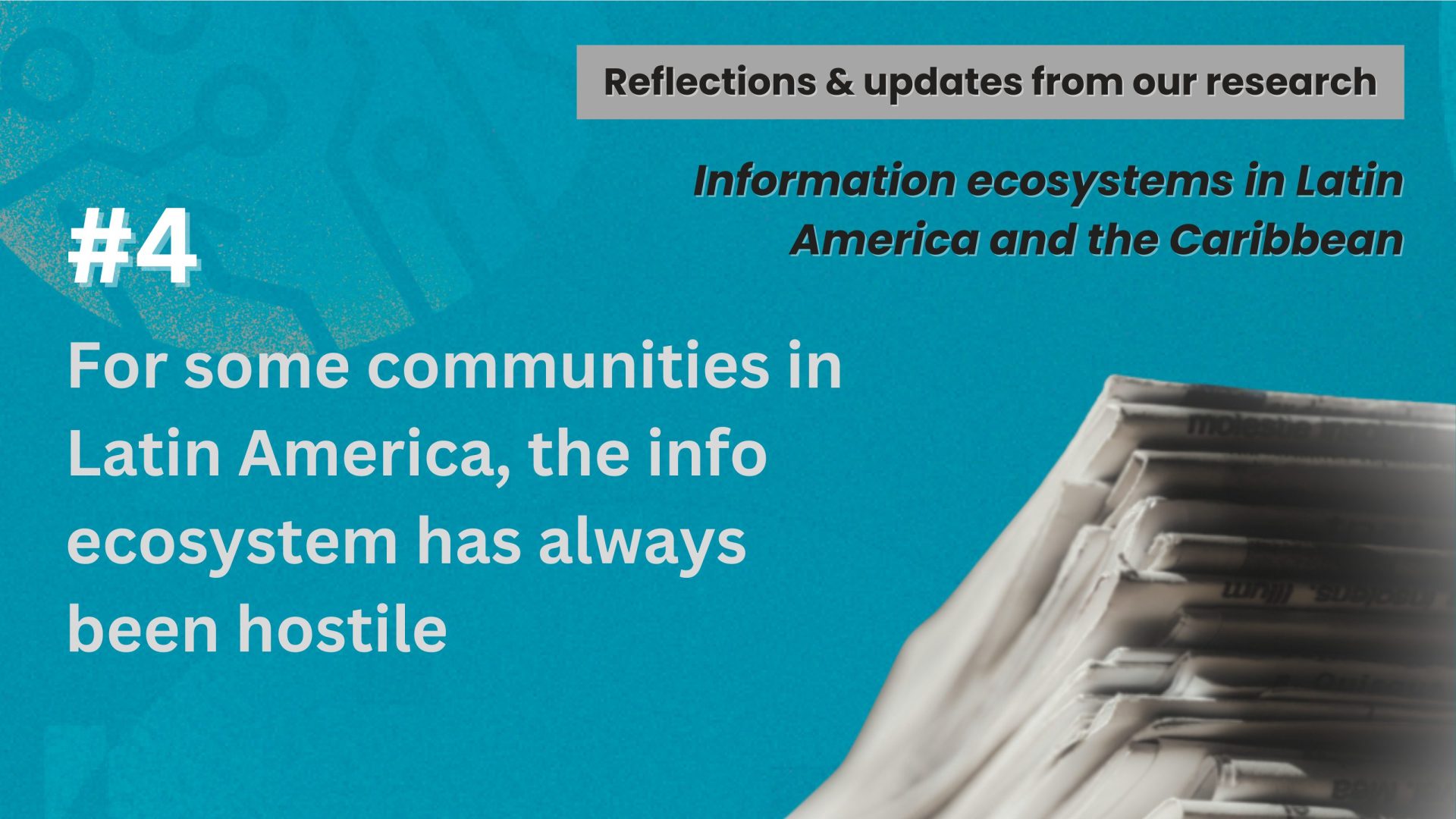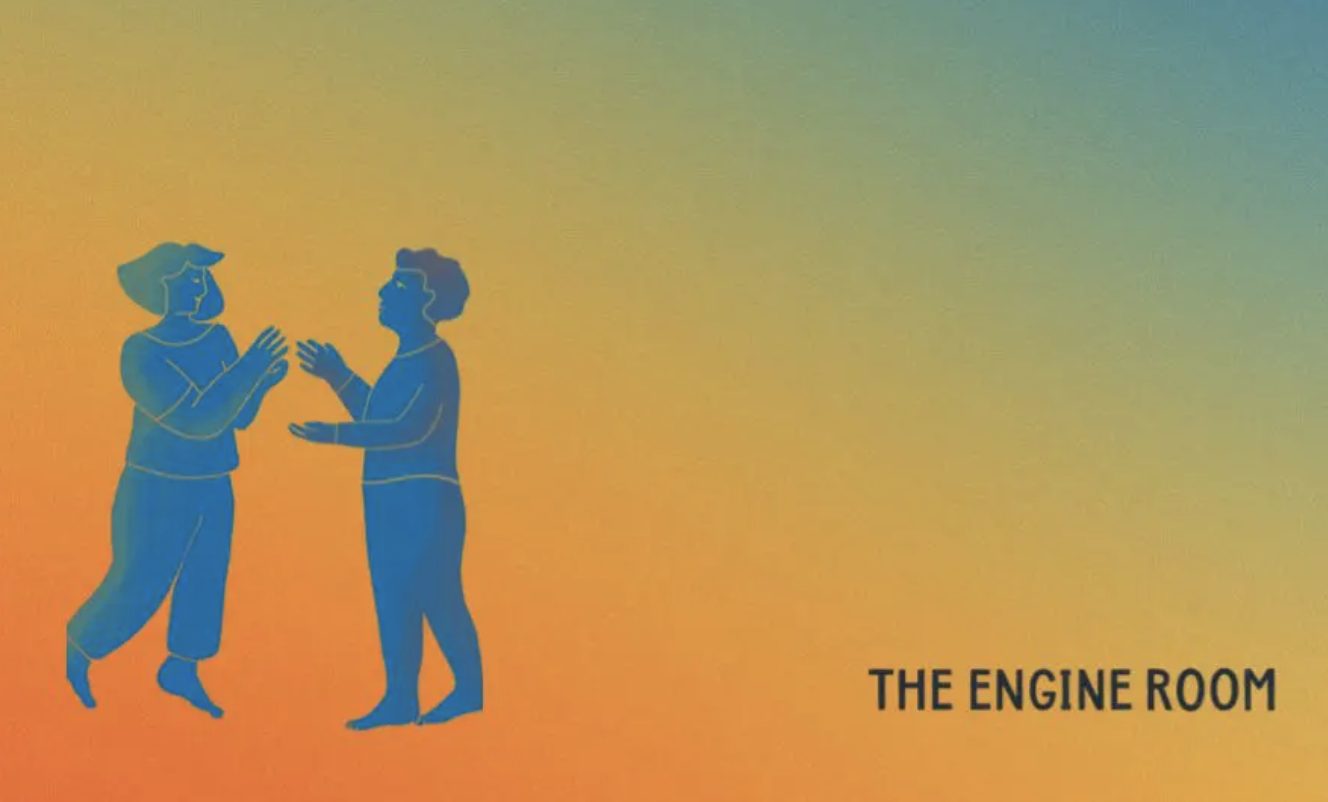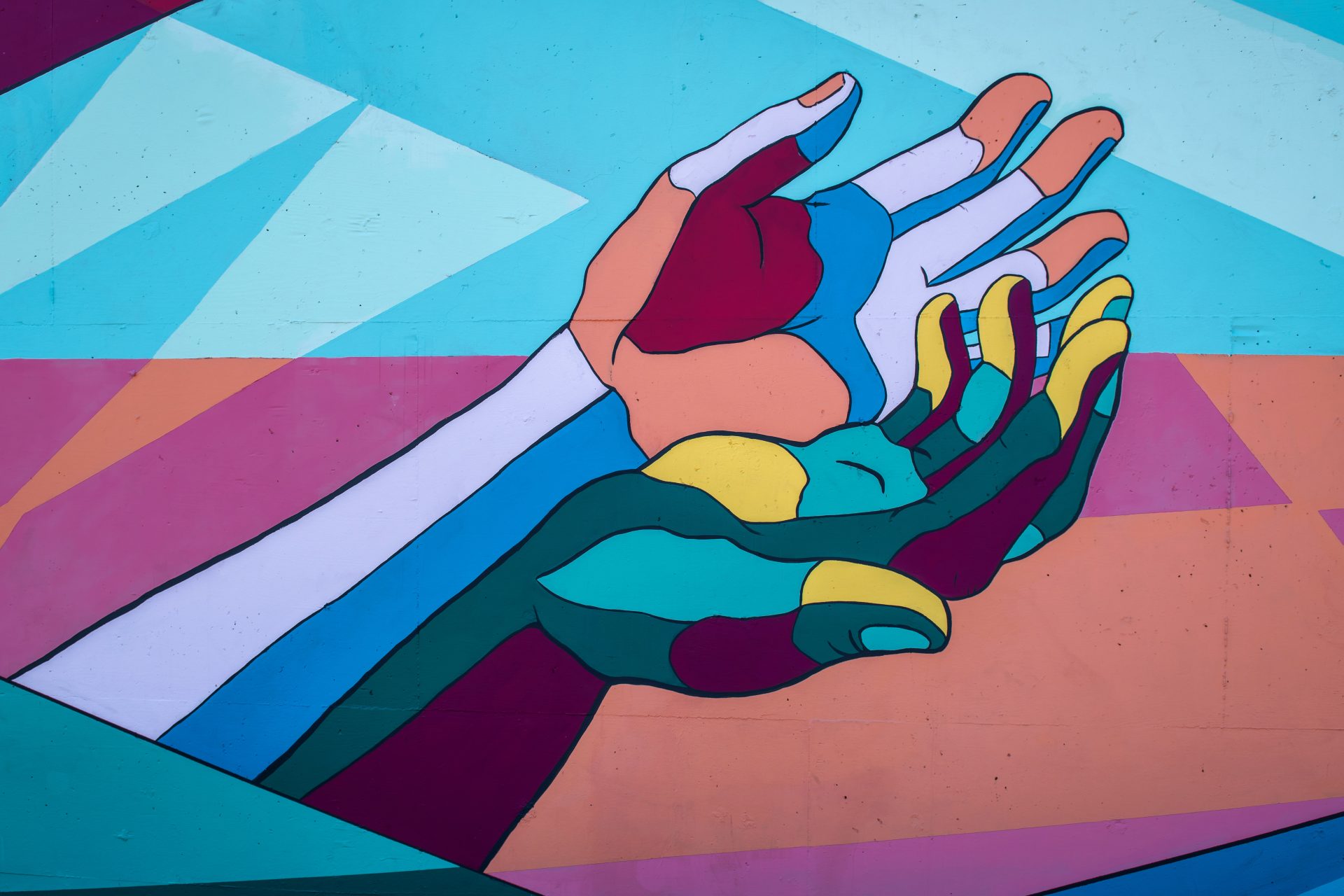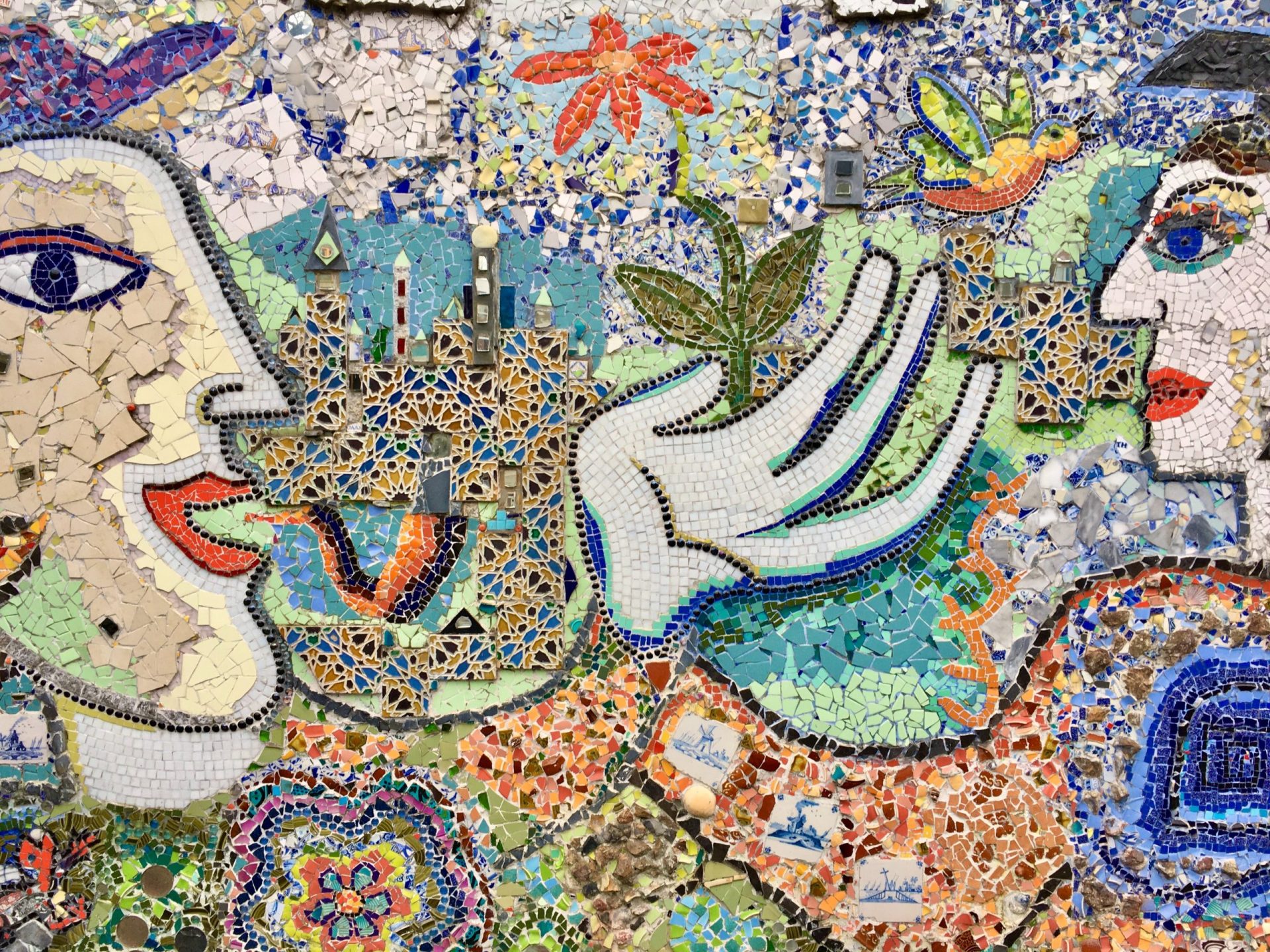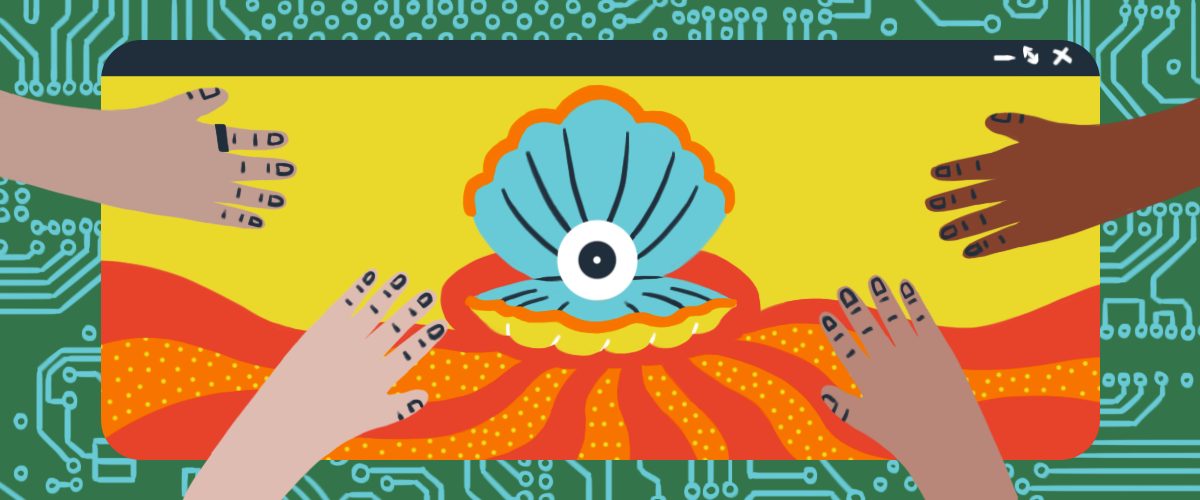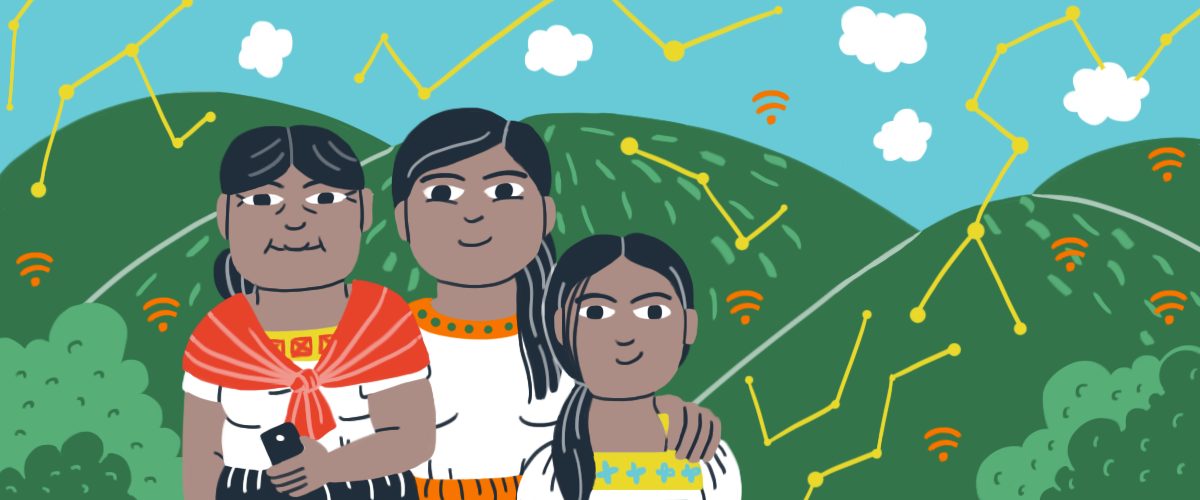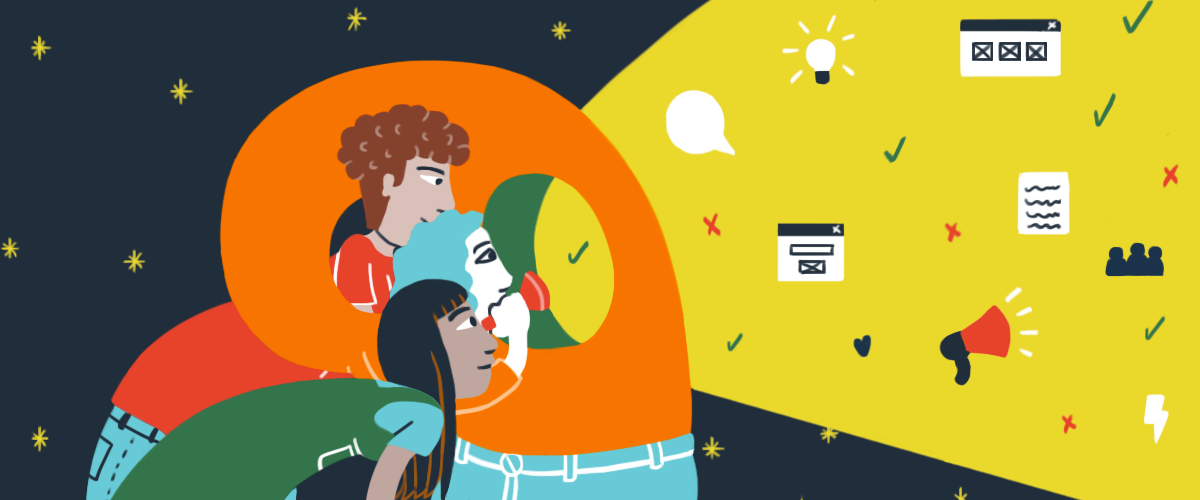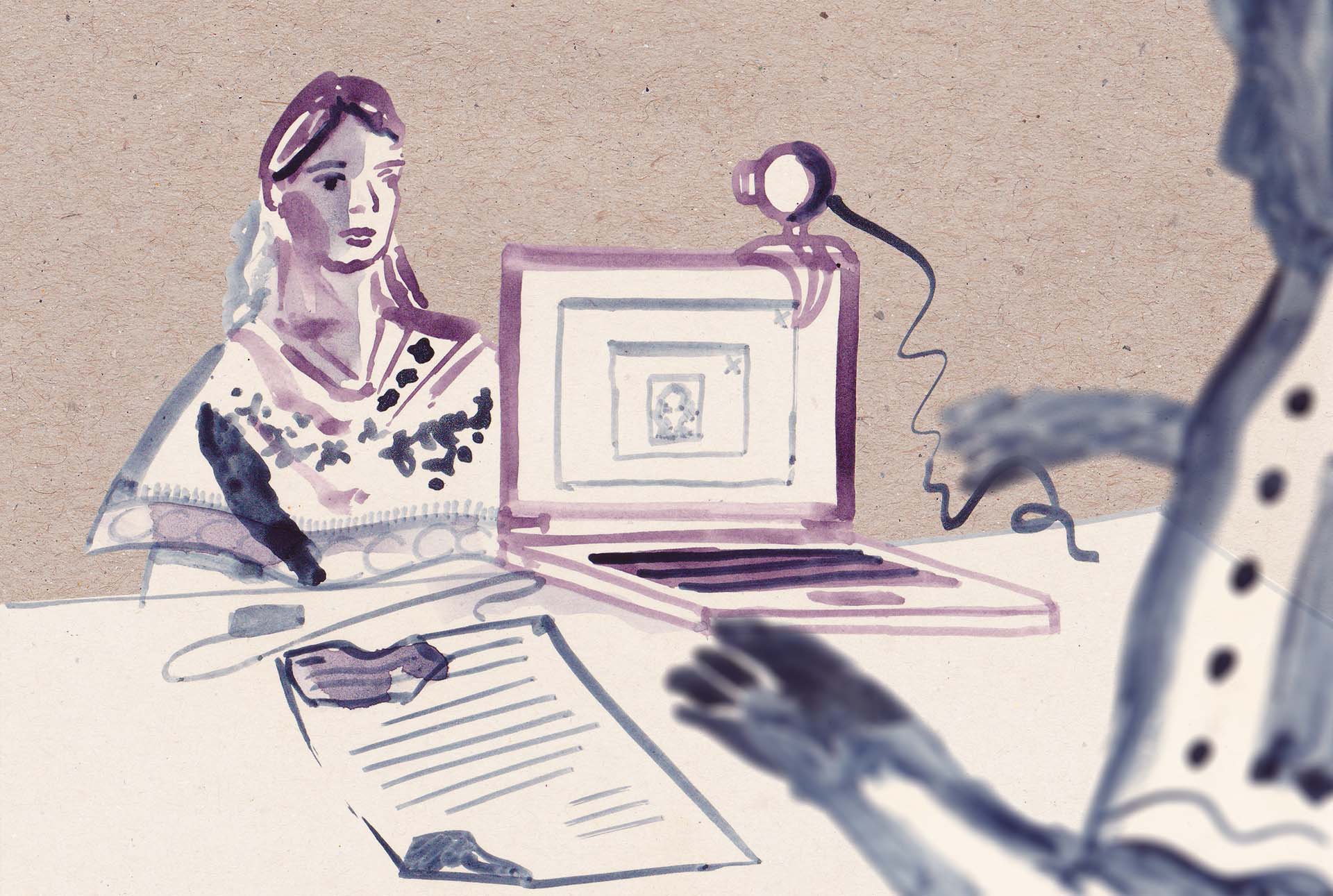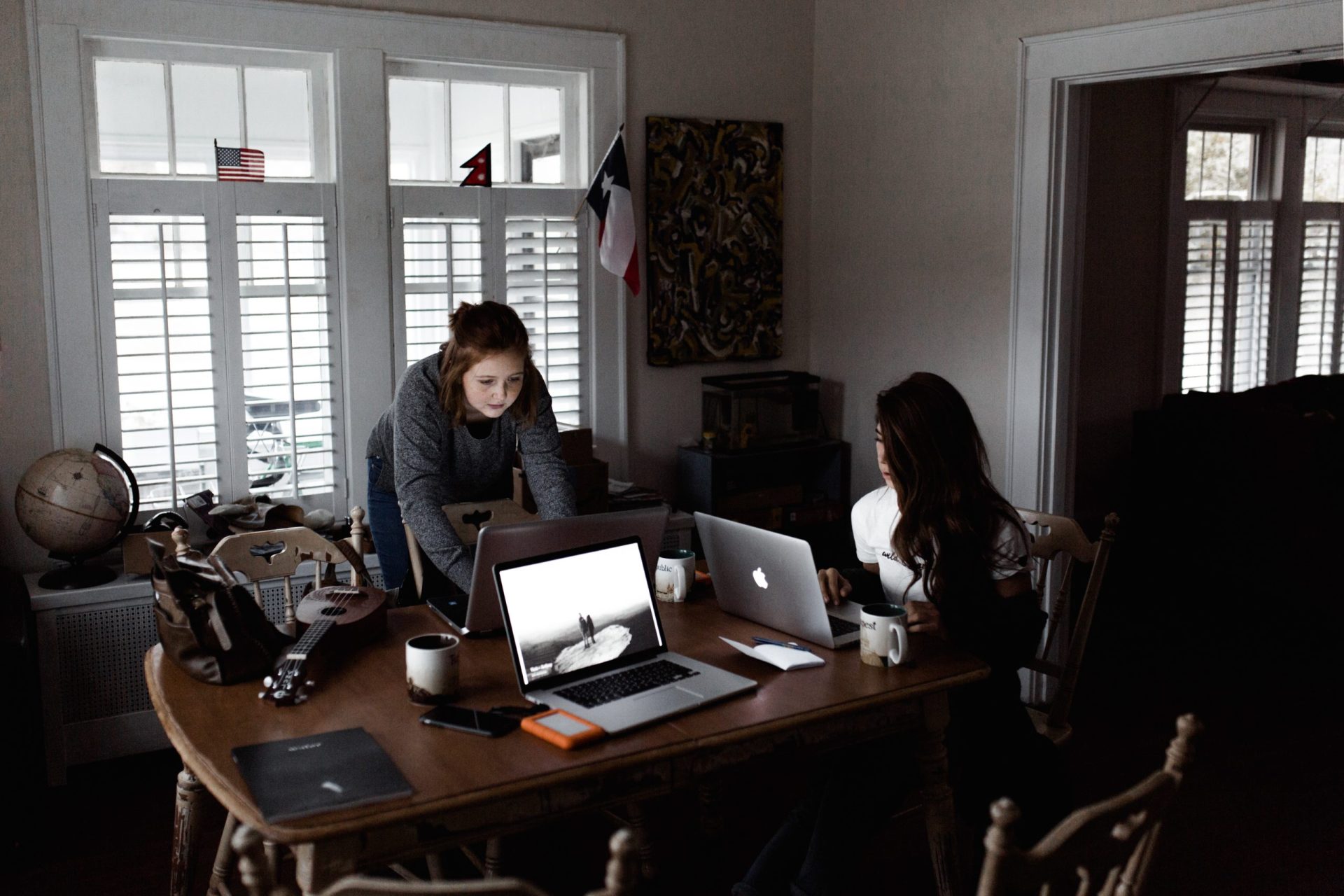As we talk to journalists, civil society organisations and academics from 13 countries in the region, it has become clear to us that the information ecosystem is complex and composed of several interconnected biomes with internal dynamics.
Reflections
Looking back at 85 (!) light support partnerships in 2023
We reflect on the questions and challenges that social justice organisations approached us with in 2023.
Community diagnosis: protecting the health of the Latin American Information Ecosystems
Insights from our second Community Call on information ecosystems in Latin America
To improve the information ecosystem we need to rebuild trust and focus on local, community-driven initiatives
Key takeaways from a conversation with over 20 organisers, activists and journalists from 9 countries in Latin America
Strengthening foundations with CIPESA
Read about our partnership with the Collaboration on International ICT Policy for East and Southern Africa (CIPESA).
Learning from co-leadership
We may have developed our current shared leadership model as much from happenstance and opportunity as we have from any specific plan, but over a year and a half into this work, we’re taking a moment to reflect.
Applying a climate justice lens to The Engine Room’s work
How can our work be explicitly supportive of climate justice?
An evolving commitment to feminist digital infrastructures
In our time of climate emergency and growing efforts to erode democratic relationships and information ecosystems, perspectives around equity, enjoyment and care help us reimagine futures that nurture and regenerate relationships and natural ecosystems.
What do we think about when we think about digital resilience?
More than a jargon-y definition, digital resilience should be an achievable reality for social justice organisations.
In the humanitarian sector’s search for efficiency, are we falling short?
Over the decade that The Engine Room has been providing support and conducting research, we’ve explored this question of how, in practice, different digital technologies can augment the work of humanitarian organisations.
Innovation is not for free
How can we continue experimenting with technology’s liberatory potential, without sacrificing too much?
Solidarity not solutionism: Digital infrastructure for the planet
A conversation around digital rights, climate and environmental justice.
Building digital resilience is an ongoing effort
Takeaways from our community call in December 2022, to discuss the digital resilience challenges we (and our partners) are working through.
How can the digital rights community support Climate Justice?
After publishing our report exploring the intersections of digital rights, tech and climate justice, we wanted to make space to collectively imagine what it would look like to turn our research findings into action.
Mapping digital resilience challenges in social justice organisations: learnings from our partners
Earlier this year we started a new project to examine and strengthen our digital resilience, in an effort to further integrate social justice principles into our tech choices and practices and deepen our capacity to support our partners. What is digital resilience? We use the term “digital resilience” to refer to a set of practices […]
Working on our digital resilience: video conferencing tools
Earlier this year we started a new project to examine and strengthen our digital resilience. In this blog post, we’re sharing some reflections about the new tools our team is testing out!
Takeaways from our Community Call on Responsible Data for Social Justice Organisations
In late June, as a part of our work with Ugandan organisation Albinism Umbrella, we hosted a Community Call about Responsible Data. Here are some of the insights that surfaced in the call.
Takeaways from our community call on intersections between data & digital rights and social justice
We held a community call to discuss our newly-published research findings on intersectional collaboration.
Social justice + digital rights during Covid-19: barriers to collaboration
Barriers to collaboration between social justice groups and DDR groups.
Bringing political values into practical tech decisions: learnings from our partnership with FRIDA
We spoke with Ledys Sanjuan, Advocacy, Communications & Tech Manager at the FRIDA Fund.
Technology in the service of justice
How The Engine Room aspires to approach our own technical choices with an explicit focus on justice and anti-oppression.
Responsible data and sustainable platform adoption with Legal Advisory Information Center
Working with the Legal Advisory Information Center (LAIC) to explore ways in which data and technology could give access to justice to underserved communities in South Africa.
Using Uwazi to build a database documenting institutional violence
Learnings from our work with CELS reconceptualising and publishing an exiting database of cases.
Scheduled online fun, and other things 2020 has forced us to try
In-person time–especially at our annual, all-team retreats–is sacred for us at The Engine Room. This year was, obviously, different.
Equity as practice in research: notes on our methodology for Tipping the Scales
How focusing on equity in our research methods played a huge part in making the process so rich and fruitful.
10 questions we’re asking about ethics & open source research
Questions and answers from a session held at Rightscon: ‘Using data ethically in humanitarian, human rights, and open source investigations’.
Sharing (and learning from) trends in security threats and attacks
A guide for building attack archetypes & case studies.
On power and inequity: reflections on funding and decision-making for tech and human rights
Challenges related to equity are everywhere, but they have specific repercussions for the tech and human rights ecosystem.
Developing an impact framework for organisational security: What we learned
We’ve been working on a project with Internews to support organisational security practitioners working with human rights organisations. One aspect of the project focuses on measuring impact.
How we’re getting there – putting strategy into practice
How our organisational strategy affects how we work as an organisation
Working on tech and human rights during a pandemic: what challenges are organisations facing?
Takeaways from our community call in May 2020.
Navigating the current digital emergency
We’re seeing that many civil society organisations, particularly those working in service provision or public-facing roles, must reimagine their programmatic objectives and goals quickly.
Shifting power and funding for resilience: thoughts on how we can achieve a more equitable tech and human rights ecosystem
Early reflections from our research exploring ways to build a more equitable technology and data for human rights ecosystem.
Civil society actions & dreaming big in the face of Covid-19
How authoritarian power grabs, expanding surveillance structures, deadly mis/disinformation and sketchy public-private partnerships are important for the future of civil society’s work at the intersection of data, technology and human rights.
Deconstructing knowledge and power in our work
At The Engine Room we see decolonising as not only a process of freeing our minds from colonialism but also as a lens to reflect on our work, power and methodologies. Here are some of the ways we seek to commit to this in our work.
Reconnecting with your purpose, reaching for impact
Reflections from our partnership with Hiperderecho, a Peruvian non-profit defending rights and freedoms in digital spaces.
Understanding people before creating new tech
Using data and technology in social justice work is about understanding the lives of the people you’re working with and then figuring out what type of work you can do to best serve those communities.
Finding, and asking, the important questions about tech
Last year, we launched a project to support Latin American organisations in reflecting and learning about how they use data and technology in their projects.
How we approached consent and security in our digital ID research
At the outset of our research project on digital ID, we aimed to design consent and data management processes that uphold the dignity and rights of the communities in our study
How we designed participatory research processes on digital ID
We take a closer look at what designing a participatory research framework actually looked like and what we’ve learned from the process.
What comes next? Building a resilient and accountable digital ecosystem
In the rush to convert to digital, we should keep a few important things in mind.
Supporting a global workplace in times like these
We’re sharing our employee emergency support package in case it’s helpful for other organisations in designing their own strategies.
Building trust while working remotely
With a team of 17 people working from 12 countries, we’ve been honing what works, and what doesn’t, for nine years of being a virtual workplace.
Monitoring budgets to influence decision-making
Budget monitoring tools and approaches for civil society organisations.
NGOs embrace GDPR, but will it be used against them?
GDPR compliance is an integral part of organisational resilience, and it requires resources and attention from NGO leaders, foundations and regulators to defend their organisations against attempts by governments and corporations to misuse the GDPR against them.
From hype to nuance: Civil society and technology
What we’re looking forward to exploring in 2020 when it comes to civil society and technology.
Tech Bias, People Bias
Though we’re increasingly focusing on the biases within technology, we shouldn’t turn away from the human decisions that put them there.
Unpacking ‘informed consent’
Just because someone has signed a form, does that mean they truly understand everything they are agreeing to?
Making the most of a remote and diverse team
At The Engine Room, we’ve valued diversity for a long time. Having a team whose life experiences and perspectives vary greatly makes us better able to respond to complex situations and complement each other’s approach (and it makes our conversations much more interesting!). But developing ways of working that make the most of a diverse […]
Digital ID: why it matters, and what we’re doing about it
Reviewing the complex risks and challenges to just and rights-respecting digital ID systems.
Reflecting on Matchbox with Peruvian Partner Japiqay
An interview with Peruvian organisation Japiqay about how they have used tech to strengthen their work fighting corruption and impunity.
Stop assuming, start questioning
One way to hit the needed balance of ambition and practicality is by starting with the basics: understanding and defining the problem you want to address.
Data as a catalyst: Four approaches for exploring political influence
Approaches to co-creating solutions using data to track, expose and combat harmful political influence.
Reflections on our upcoming Responsible Data conversation guide for human rights funders
Tensions, challenges & ways forward for funders to adopt responsible data collection, storage and sharing practices.
The GDPR is an opportunity for civil society, not just a challenge
Facing each challenge thoughtfully will help us think more clearly about what we’re doing and how we can do things better in future, not just for the GDPR but for our constituents, too.
Share more, build less
We see a lot of organisations looking for support with a technology project. The majority we see fall short of addressing project needs and don’t tap into the power of sharing and collaborating.
Using what we know: How to ensure tech projects meet the brief
This post was originally published on the Making All Voices Count blog.

